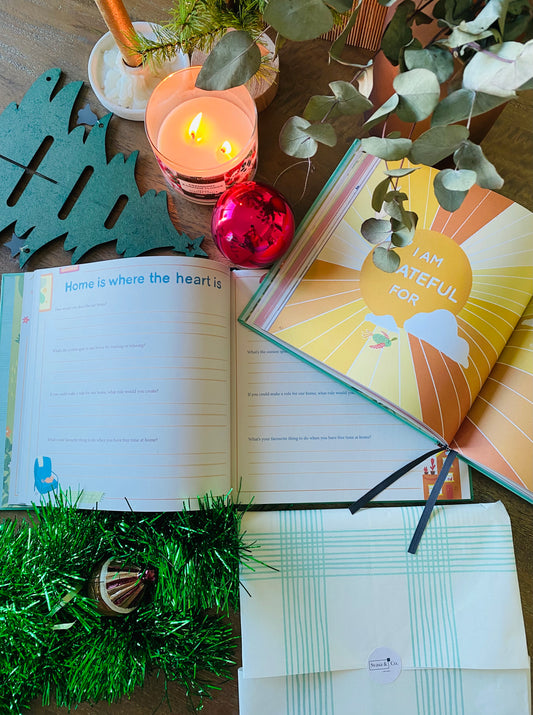
Nurturing Emotional Intelligence in Children: A Guide for Parents
Trisha Das
Understanding and managing emotions are vital skills that contribute to a child's overall well-being and success. As parents, fostering emotional intelligence in our children is one of the most impactful steps we can take to prepare them for life's challenges.
The Importance of Teaching Children About Emotions
-
Enhances Emotional Regulation: By educating children about emotions, we equip them with the tools to manage their feelings effectively, leading to reduced anxiety and improved mental health (Parents).
-
Improves Communication Skills: Children who can identify and express their emotions are better able to articulate their needs and concerns, strengthening their relationships and social interactions (My Learning Toolbox).
-
Fosters Empathy: Understanding their own emotions allows children to recognize and empathize with the feelings of others, promoting kindness and social harmony (ThinkPsych).
-
Builds Resilience: Teaching children to navigate their emotions helps them develop coping strategies, enabling them to handle stress and setbacks more effectively (Nurture and Thrive Blog).
Encouraging Emotional Expression
It's essential to create an environment where children feel safe expressing their emotions. Here are some strategies:
-
Model Emotional Intelligence: Demonstrate healthy emotional expression and regulation in your own behavior, as children often learn by observing (APA)
- Open Communication: Encourage your child to talk about their feelings by actively listening and validating their experiences, even if they differ from your own.
-
Teach Coping Strategies: Help your child identify techniques to manage intense emotions, such as deep breathing, meditation, or engaging in creative activities (ThinkPsych).
How The Little Book of Us Can Help Parents and Children Talk About Emotions
At Svasa & Co., we recognize the importance of emotional intelligence, which is why emotions play a big role in The Little Book of Us. This guided journal is designed for parents and children to explore their feelings together, making those little moments between busy schedules more meaningful.
Each page is thoughtfully crafted with activities and prompts that encourage children to talk about their emotions in a fun and approachable way. Whether it’s through drawing, storytelling, or simple questions, The Little Book of Us helps children express what they’re feeling while allowing parents to connect with their kids on a deeper level.
By making emotions a regular part of your interactions, you’re not just nurturing your child’s emotional development—you’re building a stronger bond with them. And in the process, you’re equipping them with the tools they need to navigate life’s ups and downs.


